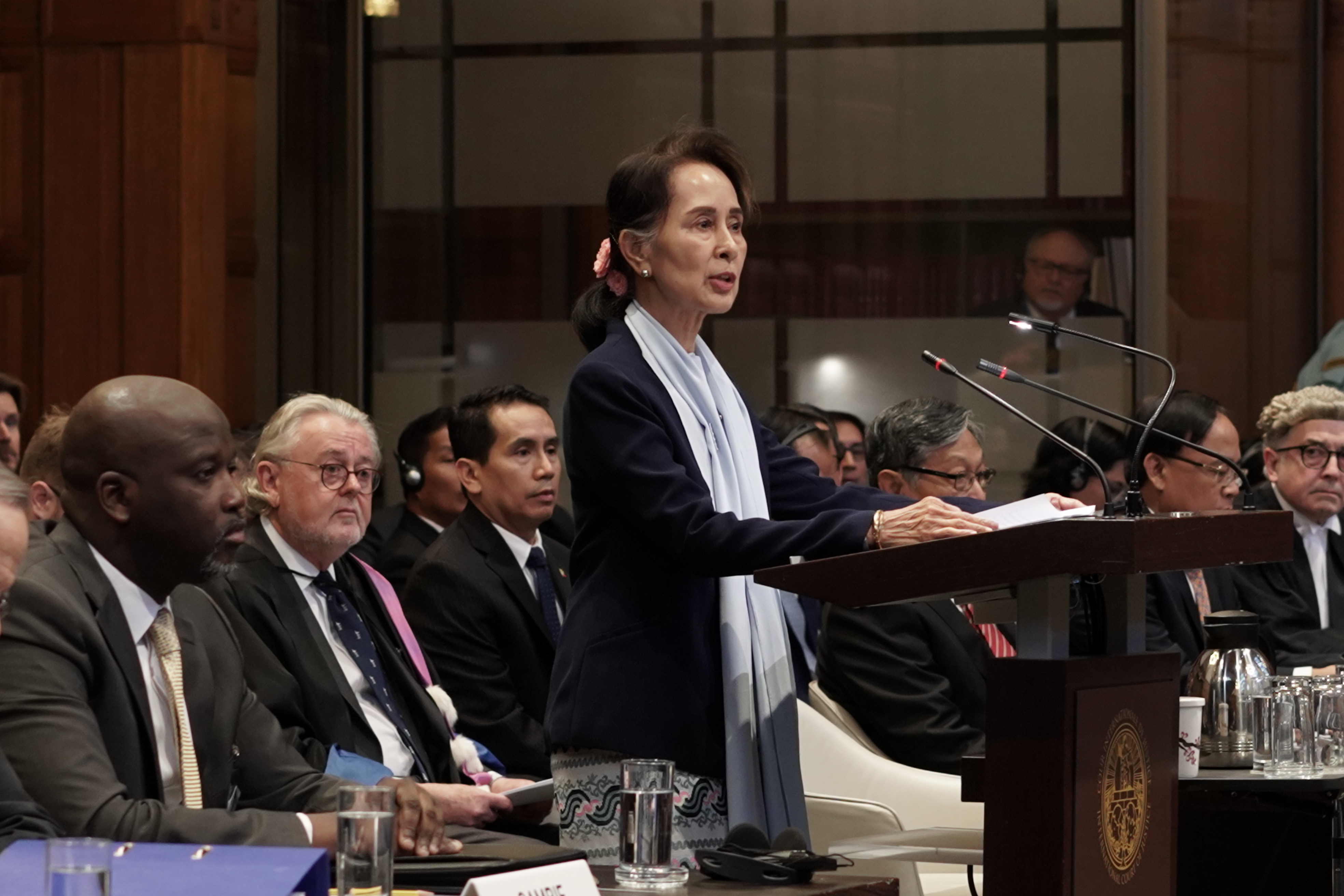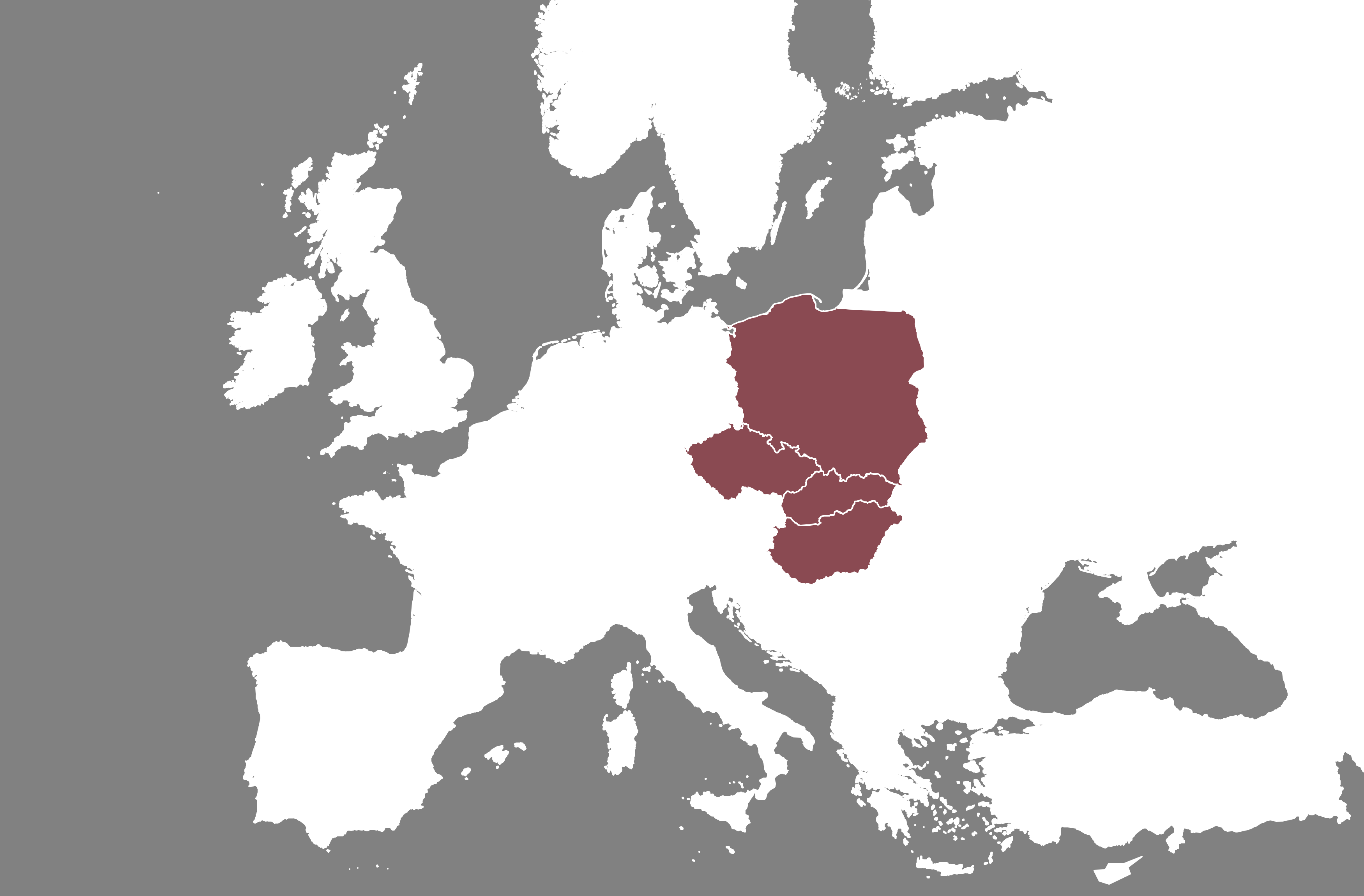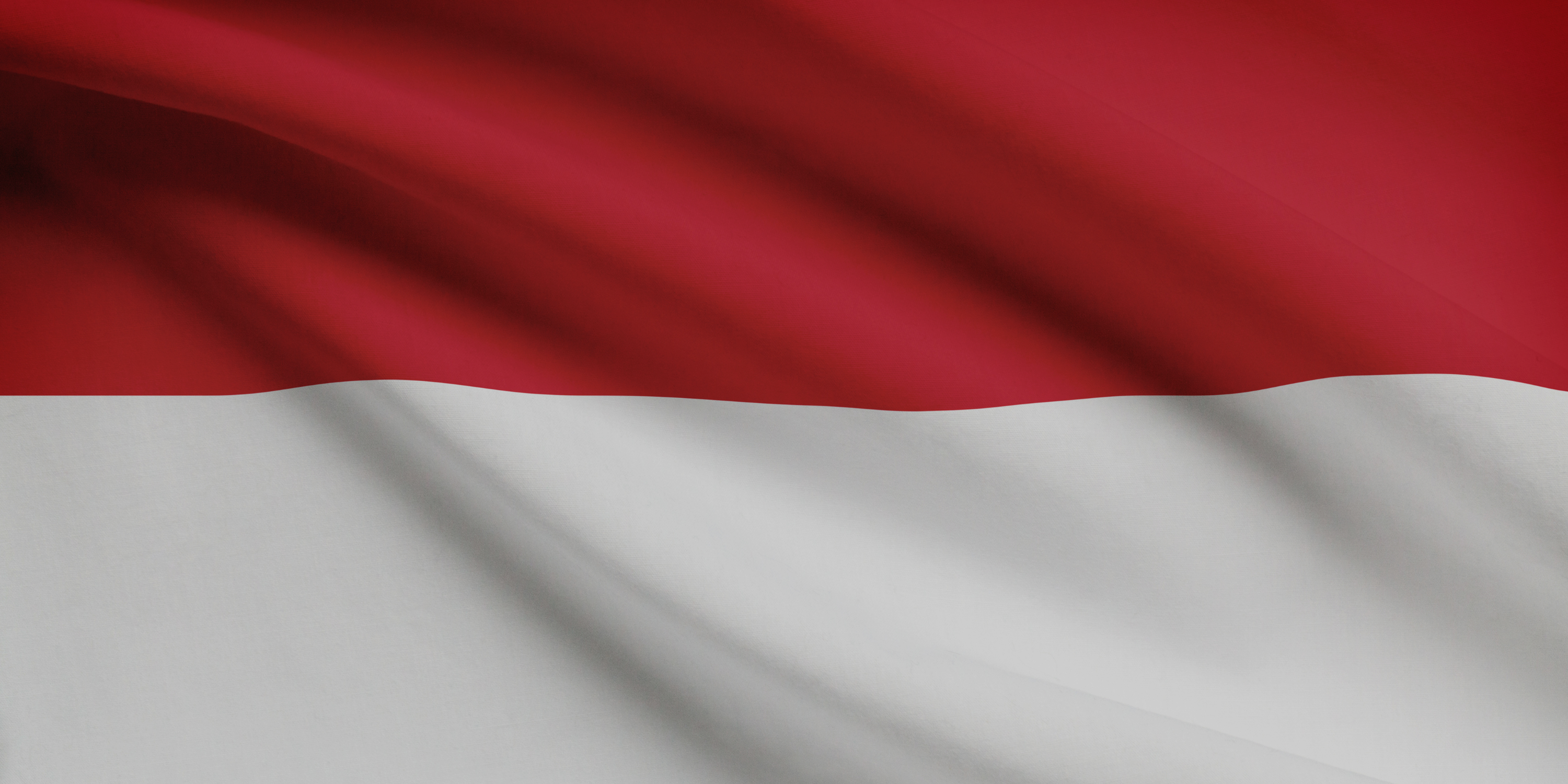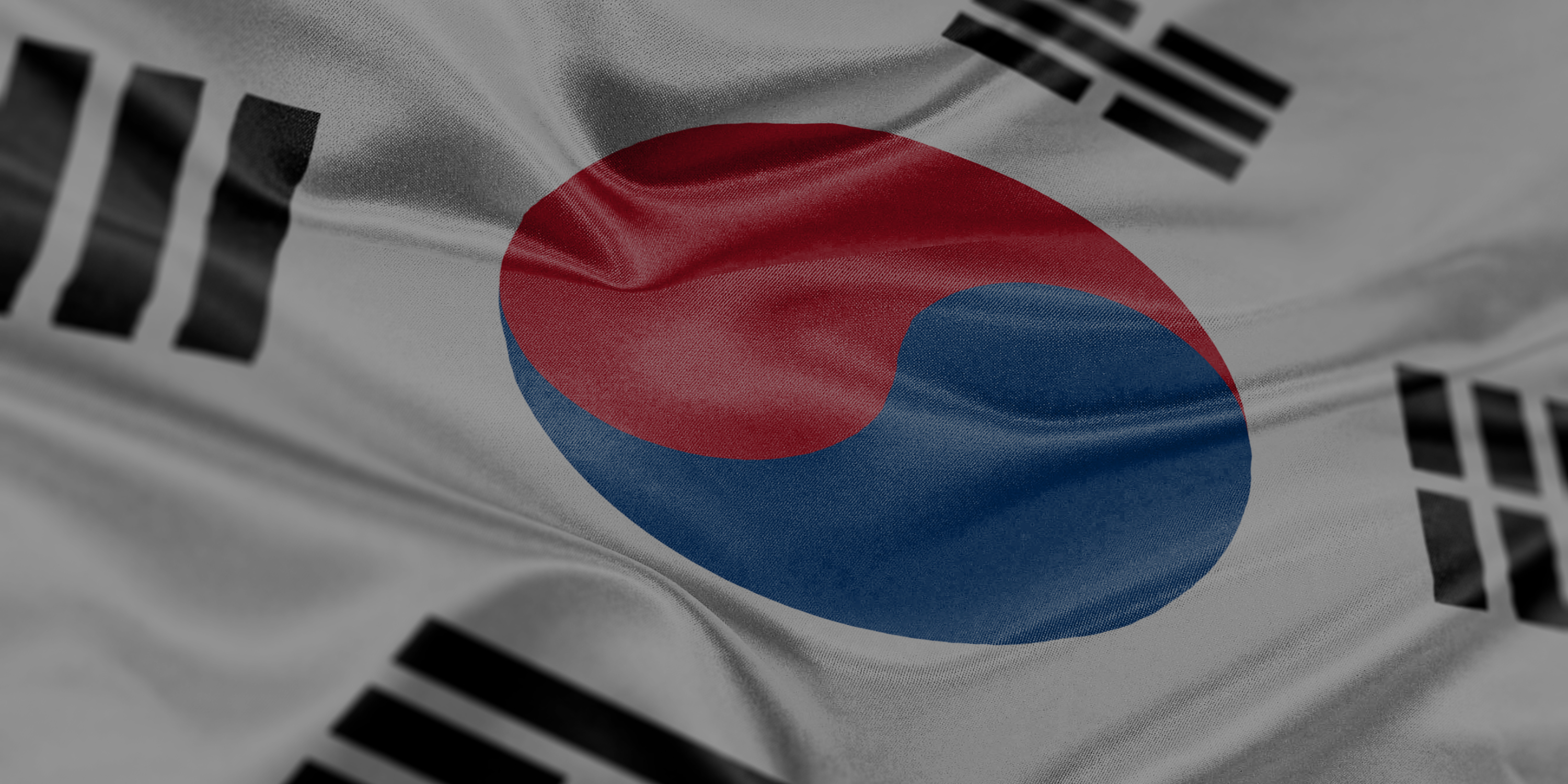… absolutely, our country has no Rohingya race.
Senior General Min Aung Hlaing, the Commander-in-Chief of the Tatmadaw on his Facebook account
The International Court of Justice delivered a momentous decision in the landmark case filed by the Gambia against Myanmar and a compelling message to the world: “The Rohingya in Myanmar have been subjected to acts which are capable of affecting their right of existence as a protected group under the Genocide Convention.” This message reached the 600,000 Rohingya still living in Rakhine state (as estimated by the UN Fact Finding Mission in Myanmar), but also has ramifications for the 11 million Uyghurs that have been facing systematic persecution in China since 2017.
When the Gambia filed the request for provisional measures before the ICJ in November 2019, it requested that the Court orders Myanmar to adopt measures to prevent further genocidal acts from being committed. Today, the ICJ unanimously declared there is a real and imminent risk of irreparable prejudice to the rights of Rohingya and ordered Myanmar to adopt “emergency measures” to protect Rohingya from genocide. The urgency of imposing the provisional measures intended to stop the genocide from occurring is underscored by the expeditious delivery of the decision which comes some 6 weeks after the close of the hearings in December 2019. This is also the first time that a case has been brought against another country that is not directly affected by the actions of the other.
Even though the Court did not decide at this stage of the proceedings whether the crimes enumerated by the Gambia qualify as genocide, the proceedings in The Hague have a far-reaching impact on the situation in other countries with vulnerable minorities, including China. The Gambia set things in motion and it may prompt more countries to embrace the true spirit of the Convention on the Prevention and Punishment of the Crime of Genocide (‘Genocide Convention’), which imposes obligations “erga omnes”, that is – towards all.
Terrorists and other minority synonyms
When Aung San Suu Kyi stood before the judges of the International Court of Justice in the Hague in December 2019, she spoke at length about the troubles of Rakhine state and its population. Not a single time did she utter the word Rohingya when referring to the Muslims in the Rakhine state. Instead, she presented the Court with a satellite imagery depicting alleged terrorist cells operating in 12 areas of Rakhine state. When referring to the clearance operations to suppress insurgencies and terrorist groups, what she had in mind was the Arakan Rohingya Salvation Army (ARSA), an insurgent group active in Rakhine since at least 2013 with the goal of fighting for the rights of Rohingya. Seamlessly her references to the terrorists became synonymous with the Rohingya.
The gravity and magnitude of evidence presented by the representatives of the Gambia were in stark contrast with Aung San Suu Kyi’s carefully crafted language. She acknowledged many ARSA fighters did die – in some locations. There was some inter-communal violence, she stated. Disproportionate use of force was used against the enemy – in some instances. The other instances, albeit omitted by Aung San Suu Kyi were not just counter-insurgency operations aimed at eradicating the enemy. During a brutal attack on Chut Pyi village, out of 358 killed people, 127 victims were non-combatants as they were children under the age of six.
Suu Kyi’sstatement is oblivious to the fact that the UN Fact Finding Mission estimated that more than 730,000 Rohingya fled Myanmar as a result of counter-insurgency operations in 2017. Approximately 20% of Rohingya were segregated and placed in internment camps where they allegedly suffered physical and mental brutality.
China’s “terrorist card”
The international community has been wary of labeling the crimes against the Uyghurs as genocide or crimes against humanity, largely due to the lack of substantial evidence. Regardless of the label, the rhetoric adopted by the Chinese government towards the Uyghur Muslim minority is no different from Aung San Suu Kyi’s. Many of the alleged crimes are, however, not foreign to the treatment of Uygurs in China and parallels become obvious when we study the pattern of conduct against the two groups.
When called upon to explain the internment camps in Xinjiang province, the Chinese authorities claim their campaign of extrajudicial detention in Xinjiang is a necessary measure to ‘counter-terrorism’. In April 2017, the Xinjiang Uygur Autonomous Region’s government introduced the De-Extremism Regulations aimed at countering extremism. Since then, one to three million of Uyghurs in estimate found themselves detained without receiving proper trial or have been detained arbitrarily.
Since 2017, China intensified its program of intrusive internment, mass surveillance, and forced cultural assimilation against Uyghurs and other ethnic minorities in the province. It is estimated that between 1 million to 1.5 million ethnic Uyghurs have interned in these facilities against their will were subjected to torture and political indoctrination. In 2018, the UN Committee on the Elimination of Racial Discrimination (‘CERD’) raised concerns over reports of detention sites that outraged some UN member states. Uyghurs have reportedly found themselves at the forefront of intensified mass DNA collection which raised concern about possible future abuse and enhanced targeting of this ethnic group.
Allegations of enforced sterilizations raise further suspicions that China’s policy is, in fact, targeting the existence of the Uyghur minority. It is not known how many women have been subjected to birth prevention measures in Uyghur internment camps. The Fact-Finding Mission on Myanmar emphasized in its report that the widespread use of rape and sexual assault is an example of genocide against the Rohingya as a group. As a matter of fact, the Genocide Convention in Article 2 lists “imposing measures intended to prevent births within the group” as one of the acts of genocide. The ICJ referred to it in connection with Rohingya women, and it did so on previous occasions in genocide cases before it.
Where do we go from here
Justice for Rohingya was off to a slow start. While the UN and several human rights groups voiced their concerns over increasing violence against the Muslim minority, call for action came some years later. Today, the Rohingya are at the forefront before the ICJ. In late 2019, the International Criminal Court (‘ICC’) delivered its landmark decision allowing the ICC Prosecutor to proceed with investigating deportations of Rohingya to Bangladesh as crimes against humanity. A newly operational Independent Investigative Mechanism for Myanmar (‘IIMM’) has been established and national jurisdictions like Argentina pledged to prosecute crimes against Rohingya on the basis of universal jurisdiction.
Things are not always so clear cut and straightforward. What worked well for the Gambia in the case against Myanmar is that both countries accepted the ICJ’s compulsory jurisdiction, which China did not. What it means in practice is that China is not obliged to comply with the ICJ’s decisions which are otherwise binding.
An important factor to consider is the amplitude of evidence indicatory of genocide taking place in Rakhine state. The ICJ had enough evidence before it to reach the conclusion that the existence of Rohingya as a group is in great danger. In the case of Uyghurs, it will certainly require more evidence gathering to build a case against China. Thus far, the most substantial body of evidence has been gathered by the Human Rights Watch and other human rights organizations.
Prosecuting China before the International Criminal Court would be a Herculean task even though in theory, the alleged crimes against the Uyghurs could fall under the provisions of crimes against humanity. The Court can only prosecute crimes if they occurred on the territory of its member states. China is not a member of the ICC. Second leeway of bringing a country before the ICC is a referral by the UN Security Council. China is, however, its permanent member and has the right to veto.
By taking the historic step and bringing the case against Myanmar before the ICJ, the Gambia showed that states are not indifferent to the gross violations of human rights. Perhaps, by following the example of some European countries (for example Germany or Sweden brought before their national courts top Syrian military officials on the charges of war crimes) states will realize their duty to step up against oppressive regimes even if they hold a permanent seat in the UN Security Council.
Cover photo: Shafiur Rahman/Wikipedia.de – CC BY-SA 4.0







